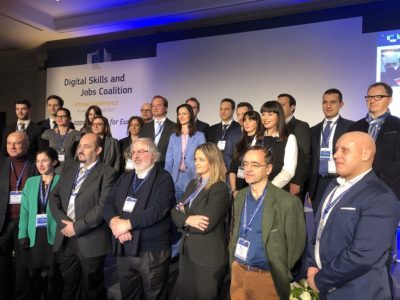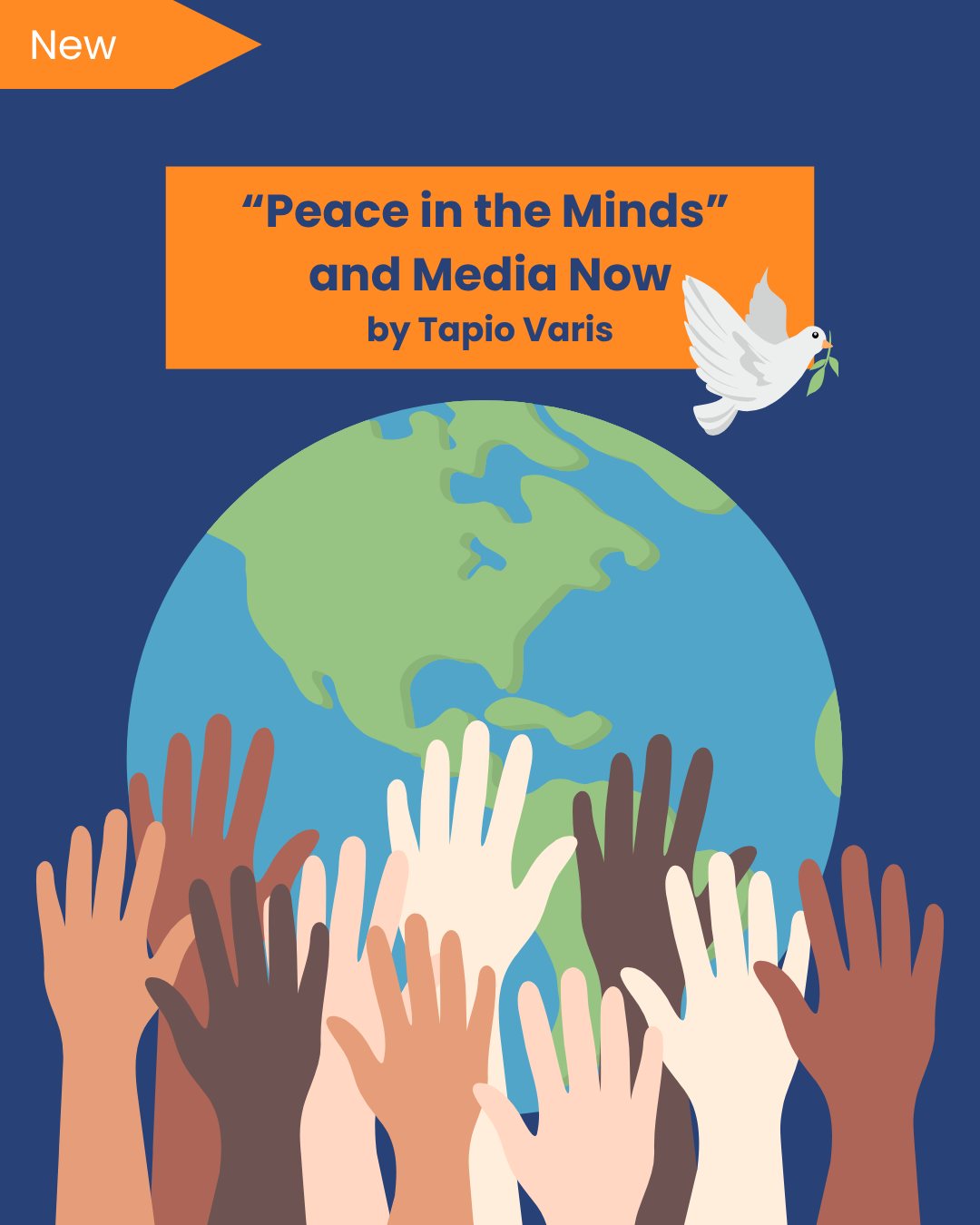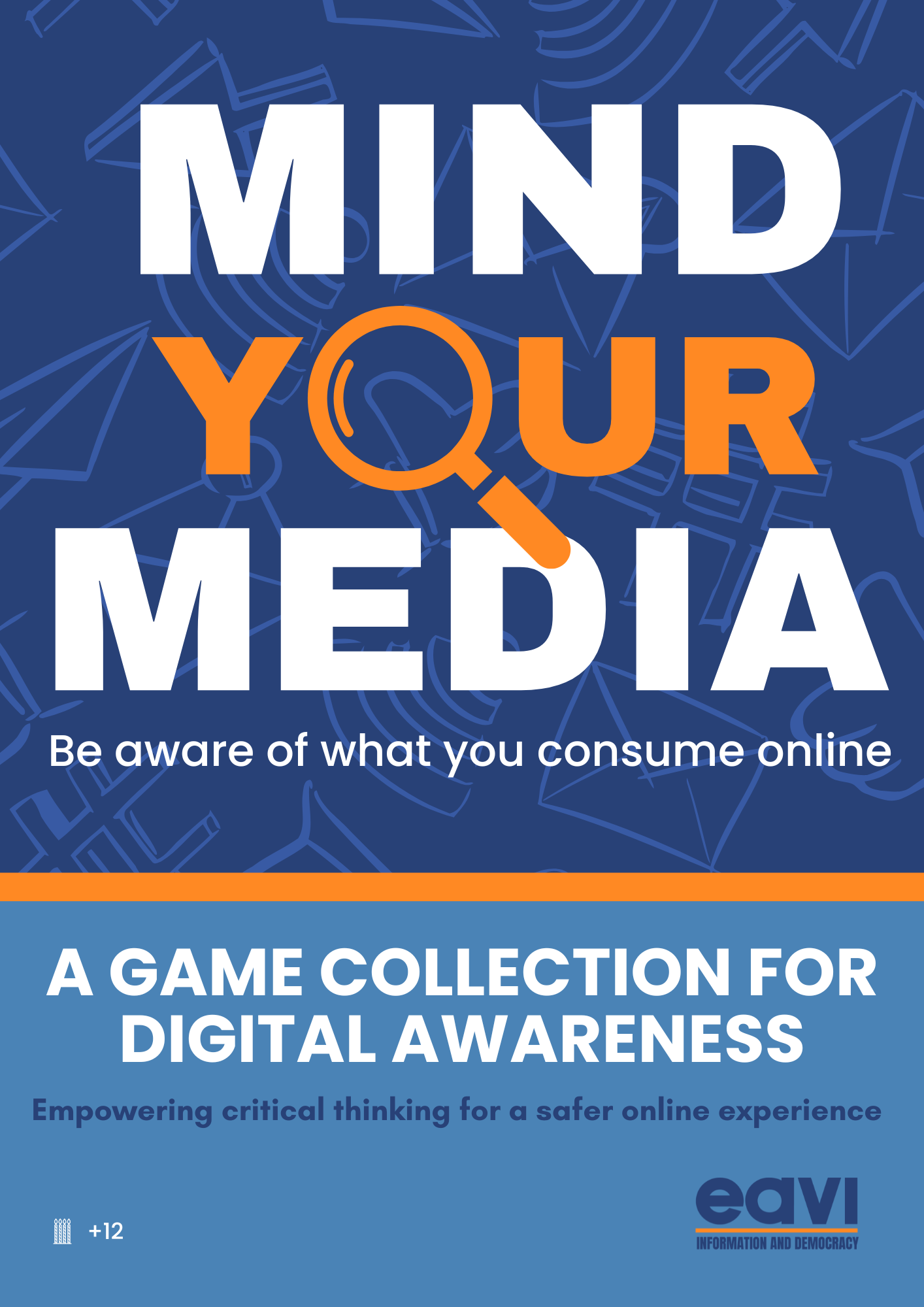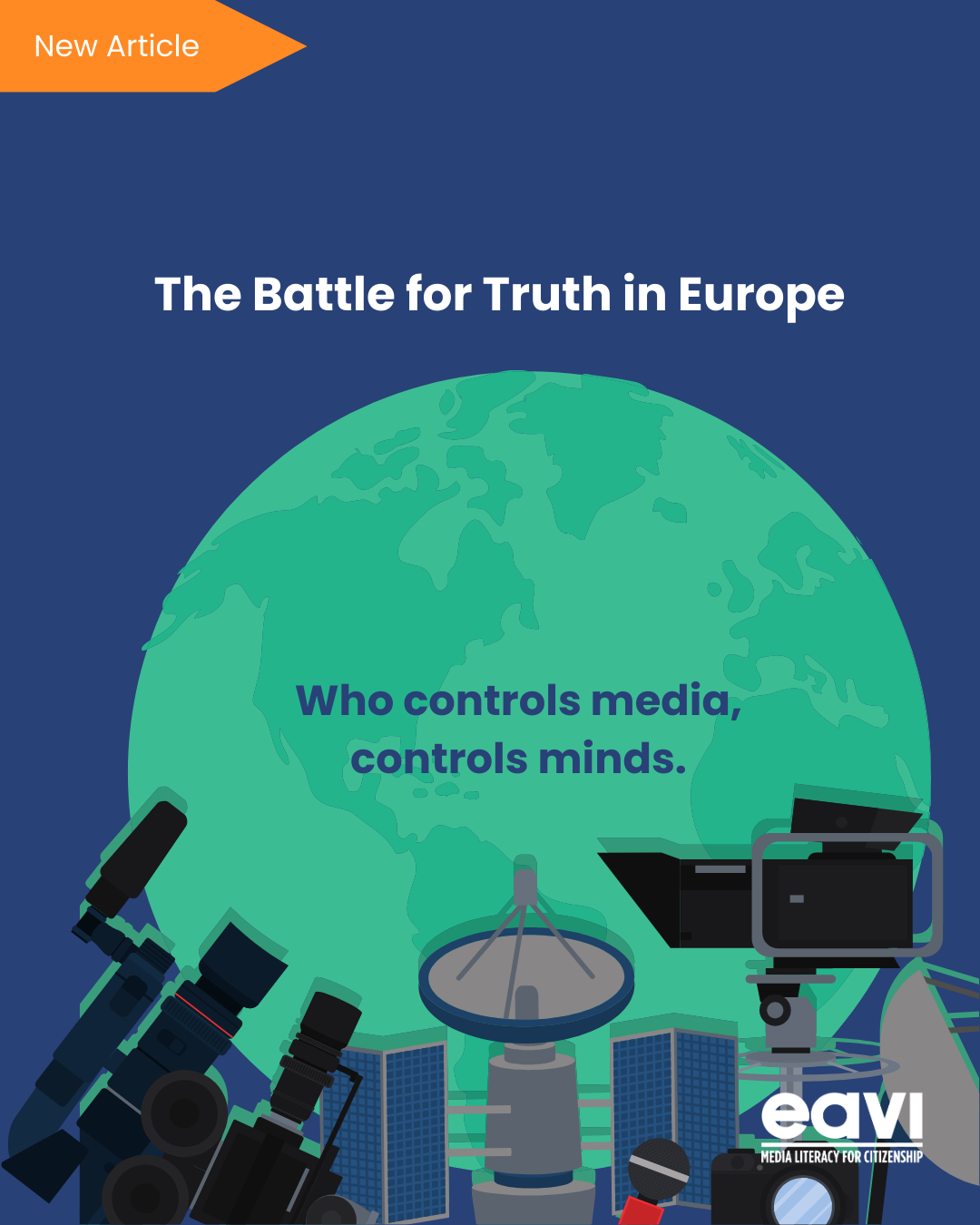
The European Commission organised its 2017 conference in Brussels. It brought digital skills actors together including Member States, companies, social partners, non-profit organisations and education providers, who tackle the lack of digital skills in Europe.
At the annual conference, Commissioner Mariya Gabriel outlined her vision on policies for the future development of digital skills and launched the Digital Opportunity traineeships scheme which is a pilot project giving students and recent graduates an opportunity to get hands-on training in digital fields such as cybersecurity, artificial intelligence, coding or digital marketing.
EAVI’s Secretary General Paolo Celot participated as a speaker discussing ‘Digital skills for digital citizens: Importance, challenges and best practices’. Other participants included Ilona Kish, Programme Director, Public Libraries, Reading and Writing Foundation.
If you find the EC Digital Skills initiative interesting, tons of information here.
Paolo contributed to reflect about the skills citizens need to face the challenges linked for instance to find a job, use libraries, finance and banking or how to distinguish information from propaganda and fake news. Here follows some of his reflections in the debate.
Numerous studies (including EAVI’s ones) list the competences and skills one need to acquire to be literate. Paolo noticed that there is still much confusion in terminology. He summarised saying that digital skills are technical and more orientated to economic factors. Media literacy competences include digital skills and add cognitive and participation abilities, they refer also to social and cultural aspects.
Coding is a digital skill, decoding a media literacy skill. Media education is the process to become media literate.
Therefore, digital skills include accessing, searching, controlling privacy data, safety and tracking and so on. Media literacy includes critical reflection, producing and sharing content to participate in public life.
Referring to the title of the debate Paolo pointed out therefore that in order to be a Digital Citizen you need to be a Citizen first.
Digital skills focus on the term Digital while Media Literacy focus on Citizen.
In EAVI’s experience furthermore we noted that it is not easy or even sufficient to acquire the above-mentioned competences. Certain pre-requisites are necessary. In principle, these are accessible to all, immediately and for free. Paolo, therefore, went on discussing awareness, being in control and having the capacity of observing our own online behaviour.
He went on mentioning about the numerous initiatives related to fake news EAVI is carrying out (workshops, debates, infographics and so on).

The European Commission organised its 2017 conference in Brussels. It brought digital skills actors together including Member States, companies, social partners, non-profit organisations and education providers, who tackle the lack of digital skills in Europe.
At the annual conference, Commissioner Mariya Gabriel outlined her vision on policies for the future development of digital skills and launched the Digital Opportunity traineeships scheme which is a pilot project giving students and recent graduates an opportunity to get hands-on training in digital fields such as cybersecurity, artificial intelligence, coding or digital marketing.
EAVI’s Secretary General Paolo Celot participated as a speaker discussing ‘Digital skills for digital citizens: Importance, challenges and best practices’. Other participants included Ilona Kish, Programme Director, Public Libraries, Reading and Writing Foundation.
If you find the EC Digital Skills initiative interesting, tons of information here.
Paolo contributed to reflect about the skills citizens need to face the challenges linked for instance to find a job, use libraries, finance and banking or how to distinguish information from propaganda and fake news. Here follows some of his reflections in the debate.
Numerous studies (including EAVI’s ones) list the competences and skills one need to acquire to be literate. Paolo noticed that there is still much confusion in terminology. He summarised saying that digital skills are technical and more orientated to economic factors. Media literacy competences include digital skills and add cognitive and participation abilities, they refer also to social and cultural aspects.
Coding is a digital skill, decoding a media literacy skill. Media education is the process to become media literate.
Therefore, digital skills include accessing, searching, controlling privacy data, safety and tracking and so on. Media literacy includes critical reflection, producing and sharing content to participate in public life.
Referring to the title of the debate Paolo pointed out therefore that in order to be a Digital Citizen you need to be a Citizen first.
Digital skills focus on the term Digital while Media Literacy focus on Citizen.
In EAVI’s experience furthermore we noted that it is not easy or even sufficient to acquire the above-mentioned competences. Certain pre-requisites are necessary. In principle, these are accessible to all, immediately and for free. Paolo, therefore, went on discussing awareness, being in control and having the capacity of observing our own online behaviour.
He went on mentioning about the numerous initiatives related to fake news EAVI is carrying out (workshops, debates, infographics and so on).

The European Commission organised its 2017 conference in Brussels. It brought digital skills actors together including Member States, companies, social partners, non-profit organisations and education providers, who tackle the lack of digital skills in Europe.
At the annual conference, Commissioner Mariya Gabriel outlined her vision on policies for the future development of digital skills and launched the Digital Opportunity traineeships scheme which is a pilot project giving students and recent graduates an opportunity to get hands-on training in digital fields such as cybersecurity, artificial intelligence, coding or digital marketing.
EAVI’s Secretary General Paolo Celot participated as a speaker discussing ‘Digital skills for digital citizens: Importance, challenges and best practices’. Other participants included Ilona Kish, Programme Director, Public Libraries, Reading and Writing Foundation.
If you find the EC Digital Skills initiative interesting, tons of information here.
Paolo contributed to reflect about the skills citizens need to face the challenges linked for instance to find a job, use libraries, finance and banking or how to distinguish information from propaganda and fake news. Here follows some of his reflections in the debate.
Numerous studies (including EAVI’s ones) list the competences and skills one need to acquire to be literate. Paolo noticed that there is still much confusion in terminology. He summarised saying that digital skills are technical and more orientated to economic factors. Media literacy competences include digital skills and add cognitive and participation abilities, they refer also to social and cultural aspects.
Coding is a digital skill, decoding a media literacy skill. Media education is the process to become media literate.
Therefore, digital skills include accessing, searching, controlling privacy data, safety and tracking and so on. Media literacy includes critical reflection, producing and sharing content to participate in public life.
Referring to the title of the debate Paolo pointed out therefore that in order to be a Digital Citizen you need to be a Citizen first.
Digital skills focus on the term Digital while Media Literacy focus on Citizen.
In EAVI’s experience furthermore we noted that it is not easy or even sufficient to acquire the above-mentioned competences. Certain pre-requisites are necessary. In principle, these are accessible to all, immediately and for free. Paolo, therefore, went on discussing awareness, being in control and having the capacity of observing our own online behaviour.
He went on mentioning about the numerous initiatives related to fake news EAVI is carrying out (workshops, debates, infographics and so on).








































































































































































